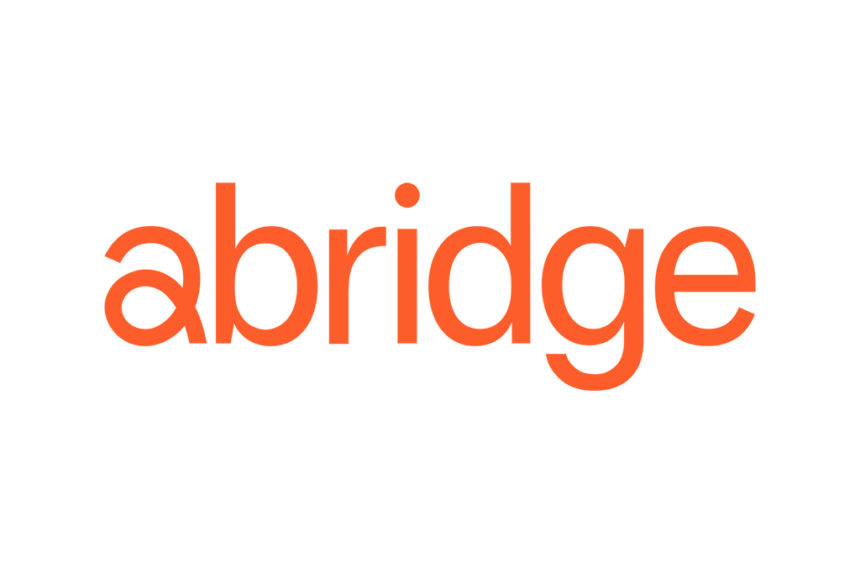Abridge, a Pittsburgh-based health technology company focused on AI-powered medical documentation, named former Amazon AI researcher Zachary Lipton as its chief scientific officer Tuesday morning.
Lipton, who serves as an assistant professor of machine learning at Carnegie Mellon University, will be tasked with supporting Abridge’s research and product development operations. Additionally, Lipton will work closely with Abridge’s product and design teams to identify areas where machine learning can be applied to assist providers and patients alike.
In a press release announcing Lipton’s hire, Abridge said it currently has partnerships and pilots with several prominent health systems, as well as with a large-scale payer organization and a “Fortune 5 healthcare company.”
Prior to formally joining Abridge, Lipton served as an advisor to the company, which he said offered him an “exciting” view of the company’s development from the sidelines.
Lipton attributed the main reason to his move to all the work that goes into the early stages of a startup before the company is about to hit the ground running. Abridge was founded in 2018.
“Right now, Abridge is at the point, in terms of team building and product development, that is on the cusp of having a major impact in healthcare,” he said. “Being someone who does a lot of research from the ivory tower of applications of machine learning to healthcare, that’s really exciting.”
In his new role, Lipton will report directly to Dr. Shiv Rao, CEO and co-founder of Abridge. Rao praised Lipton’s experience working with AI and noted his diligence in avoiding the “pitfalls of bias” that exist in AI models. He added that Lipton’s expertise is slated to help boost not only Abridge’s capabilities, but also those of the more than 2,000 clinicians who utilize the tool already.
“When you think about healthcare delivery upstream of all the diagnostics and therapeutics, all those outcomes, we’re interested in the conversations that are happening, whether it’s over video, over the phone or in-person,” he said. “The technology that we’ve created can be a part of all of those conversations, it can summarize them and can distill information from them. Then it can help everyone involved operate at the top of their professional license.”







